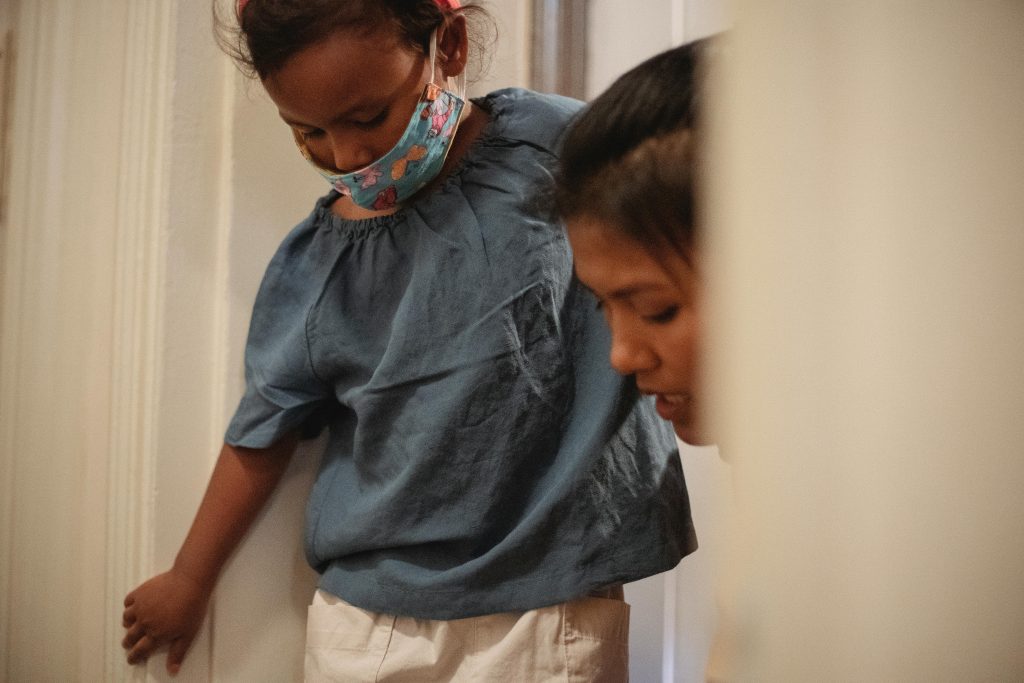Enhancing Pediatric Care: The Intersection of Speech Therapy and PPEC

PPEC facilities provide a nurturing environment where children with complex
medical needs receive individualized care, often involving a multidisciplinary approach.
Within this context, speech therapists collaborate closely with other healthcare
professionals, including nurses, physicians, and occupational therapists, to address the unique needs of each child comprehensively. In our article we will explore the following
topics:
- Integration of Speech Therapy in PPEC: Explore the symbiotic relationship between speech therapy and Prescribed Pediatric Extended Care (PPEC), emphasizing the holistic approach to care.
- Benefits of Integrated Care: Delve into the continuity of care, collaborative treatment planning, and convenience for families offered by integrating speech therapy within PPEC settings.
- Holistic Development: Highlight the multifaceted benefits of speech therapy in promoting communication, cognitive, and social-emotional development in children with complex medical needs.
In pediatric care, speech therapy is a vital component in addressing communication challenges and fostering developmental milestones in children.
When integrated within a Prescribed Pediatric Extended Care (PPEC) setting, speech therapy becomes even more impactful, offering tailored interventions within a comprehensive care framework. This article delves into the symbiotic relationship between speech therapy and PPEC, highlighting its multifaceted benefits and the transformative outcomes it yields for young patients.
One of the primary benefits of integrating speech therapy into a PPEC setting is the continuity of care it offers. Children requiring extended medical attention due to chronic conditions or developmental delays benefit from consistent and structured therapy sessions provided within the same facility where they receive medical care. This seamless integration ensures that therapy goals align with medical interventions, fostering a comprehensive approach to addressing the child’s overall well-being. Furthermore, the interdisciplinary nature of PPEC facilitates a collaborative approach to treatment planning and implementation. Speech therapists work in tandem with other healthcare providers to assess the child’s specific communication needs and tailor interventions accordingly. Whether it is addressing articulation disorders, language delays, or augmentative communication strategies, the collective expertise within a PPEC setting allows for a comprehensive and cohesive
approach to speech therapy.
The structured environment of PPEC facilities provides chances for speech therapists to incorporate therapeutic activities into the child’s daily routine. From structured language exercises during mealtimes to interactive play sessions designed to promote social communication skills, speech therapists utilize various modalities to engage children in meaningful communication experiences within the context of their daily activities. Beyond addressing communication challenges, speech therapy within a PPEC setting also plays a pivotal role in enhancing cognitive and social-emotional
development. Through targeted interventions, speech therapists not only improve language skills but also promote cognitive skills such as attention, memory, and problem-solving abilities. Additionally, by fostering social interaction and peer communication within the PPEC environment, speech therapy helps children build confidence and develop crucial social skills essential for navigating interpersonal relationships.
Another significant benefit of integrating speech therapy into PPEC is the convenience it offers to families. Rather than scheduling separate appointments at separate locations, families can access both medical care and therapeutic services within the same facility, minimizing logistical challenges and maximizing convenience. This streamlined approach to care reduces the burden on families and enhances overall access to essential services for children with complex medical needs. Furthermore, the close collaboration between speech therapists and families within the PPEC setting empowers parents and caregivers to actively participate in their child’s therapy journey.
Through education, training, and ongoing support, families gain valuable insights and strategies to facilitate their child’s communication development beyond the therapy sessions.
In conclusion, the integration of speech therapy within a PPEC setting represents a change in thinking in pediatric care, offering a comprehensive approach to addressing the unique needs of children with complex medical conditions. By leveraging the interdisciplinary collaboration, continuity of care, and structured environment of PPEC facilities, speech therapy emerges as a powerful tool for promoting communication, cognitive, and social-emotional development in young patients. As we continue to recognize the interconnectedness of medical and therapeutic interventions, the constructive collaboration between speech therapy and PPEC paves the way for enhanced outcomes and improved quality of life for children and their families.
This article was published by First Kid’s PPEC. First Kid’s PPEC physician-owned network of medical daycares in the South Florida area serving Miami-Dade and Broward counties. Visit our website at fkppec.com to learn more about us and whether PPEC services are right for your family.
